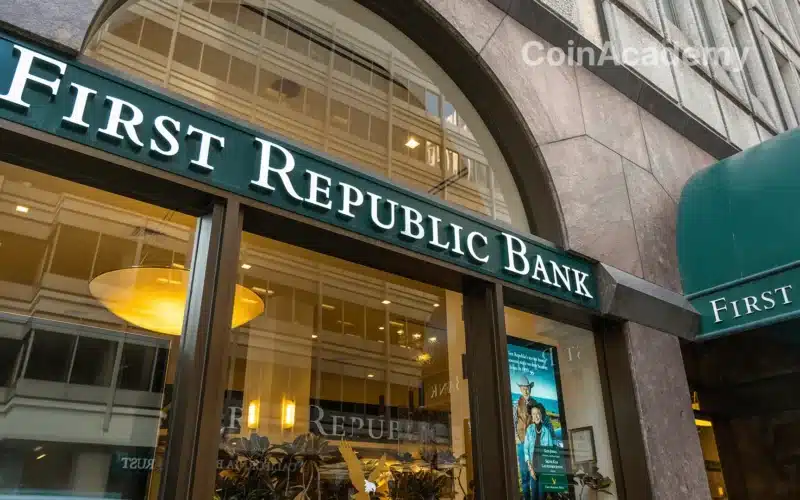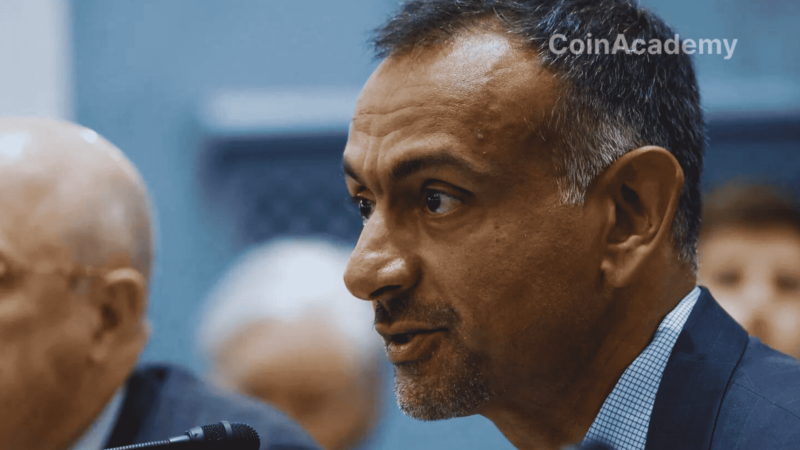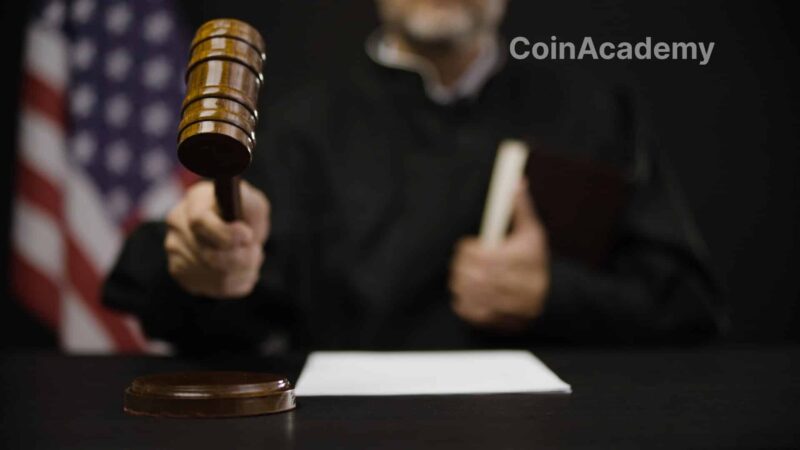|
Getting your Trinity Audio player ready...
|
The Collapse of First Republic Bank Awakens Concerns About US Banking System
Analysts Warn of Possible Repercussions on US and International Economies
The recent takeover of First Republic Bank, the fourth U.S. bank to fail this year, has awakened concerns about the possible repercussions this new failure might have on U.S. and international economies. While United States President Joe Biden has assured the public that the banking system remains safe, analysts are warning that this might not be the last bank failure in this period of turmoil.
The recent collapse of First Republic Bank, the second-biggest bank failure in the history of the U.S., has set off the alarm bells of analysts regarding the possible repercussions that this might have on the economy of the country. While President Joe Biden has assured that the banking system is safe, some believe the fourth bank failure in a year might show that the U.S. banking system has systemic weaknesses.
An anonymous investment manager at a Beijing bank told Global Times that this new collapse will likely lead to more banks failing in a future liquidity crunch. He stated:
The takeover indicates the problem is more severe than we first predicted, as we believed the crisis had been eased after the previous bailout.
Jamie Dimon, CEO of JPMorgan, the bank that took over First Republic, declared he believes this “part of the crisis is over.” However, some American analysts think otherwise.
Tomasz Piskorski, a professor at Columbia Business School, believes that other banks could be at risk. He declared:
By our calculations close to 200 other banks can fail, many of which are smaller [than First Republic]. The issues aren’t over.
Several analysts believe that these bank failures have to do with the hawkish policies of the U.S. Federal Reserve, which has been consistently raising interest rates to bring inflation rates down to 2% since last year. About this, Piskorski explained:
There’s hundreds of banks that have the current market value of assets less than the face value of debt, and [the crisis] is mainly caused by the interest rate increase by the Fed.
This might cause the U.S. government to face an unsolvable dilemma, according to Gao Lingyun, of the Chinese Academy of Social Sciences in Beijing. The pickle being having to raise interest rates to lower inflation rates, but affecting the values of the loans made by the banks when these same rates were lower, increasing their risks of defaulting. This, in turn, might contribute to a future recession and other bank failures in more countries, Gao warned.




